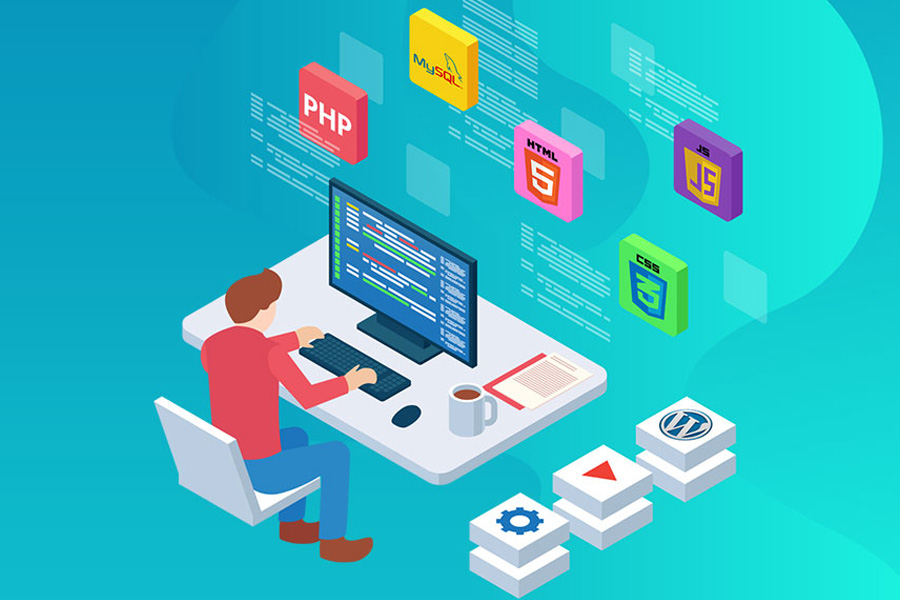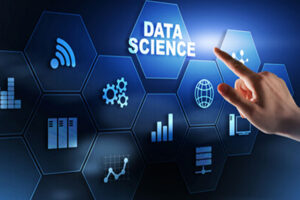
AI vs. Machine Learning: Understanding the Various Key Differences
Artificial Intelligence (AI) and Machine Learning (ML), despite being used interchangeably, are not the same. If you’re looking into a data science course in Kolkata, it’s crucial to understand the distinctions between these two powerful technologies. This knowledge will not merely enhance your learning experience but also help you make informed decisions in your career path.
What is Artificial Intelligence?
AI is the broader concept that covers the development of machines and systems truly capable of performing tasks that usually require human intelligence. These tasks include reasoning, problem-solving, learning, perception, and language understanding. AI can be divided into two specific categories: narrow AI, which is created for a specific task like facial recognition or language translation, and general AI, which aims to perform any intellectual task that a human can do.
Understanding Machine Learning
Machine Learning is a true subset of AI that actively focuses on the development of algorithms and statistical models that enable machines to improve their performance on tasks through experience. Unlike traditional programming, where a developer writes specific instructions for a machine to follow, ML allows the machine to learn from data, identify patterns, and make decisions with minimal human intervention.
Key Differences Between AI and ML
One of the most important distinctions to note is that while all machine learning is AI, not all AI is machine learning. AI is the broader concept, while ML is a specific approach within that concept. For example, an AI system could be a simple rule-based system that doesn’t involve learning from data, whereas an ML system specifically learns and evolves from data inputs.
Practical Applications of AI and ML
AI applications are diverse and include things like autonomous vehicles, smart personal assistants like Siri and Alexa, and advanced robotics. Machine Learning, on the other hand, is often behind the scenes, powering recommendation engines on platforms like Netflix and Amazon, fraud detection systems in banking, and predictive analytics in various industries.
How AI and ML Work Together
While AI and ML can exist independently, they are often used together to create powerful solutions. For instance, in a data science course, you may learn how ML algorithms are employed to enhance AI systems. By doing so, these systems become more efficient at processing vast amounts of data, making predictions, and improving over time.
Why the Distinction Matters
Understanding the actual difference between AI and ML is not just academic; it has various practical implications for businesses and professionals. If you’re considering a data science course in Kolkata or elsewhere, knowing whether you’re interested in AI, ML, or both can help you choose the right program and career path. Businesses, too, need to know these differences to implement the right technologies for their needs.
The Future of AI and ML
The fields of AI and ML are evolving rapidly. As these technologies advance, the line between them may blur, but understanding their foundational differences will remain crucial. For anyone diving into this space, whether through a data science course or professional experience, staying updated on the latest developments is essential.
Conclusion
AI and Machine Learning are actively transforming industries and creating new opportunities. By understanding their key differences and how they complement each other, you can better navigate the complexities of these technologies. Whether you’re looking to enroll in a data science course in Kolkata or anywhere else, this knowledge will serve as a robust foundation for your learning and career development.
BUSINESS DETAILS:
NAME: ExcelR- Data Science, Data Analyst, Business Analyst Course Training in Kolkata
ADDRESS: B, Ghosh Building, 19/1, Camac St, opposite Fort Knox, 2nd Floor, Elgin, Kolkata, West Bengal 700017
PHONE NO: 08591364838
EMAIL- enquiry@excelr.com
WORKING HOURS: MON-SAT [10 AM-7 PM]



